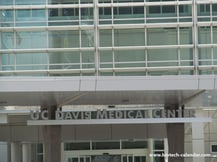.jpg?width=273&name=Aerial_of_Texas_Medical_Center_with_Downtown_Houston_in_the_background_(cropped).jpg) Sézary syndrome is a rare form of T-cell lymphoma that causes different types of lesions to appear on the skin once. Very little is known about the cause of this cancer, and there are no current cures available. Researchers from Baylor College of Medicine and the MD Anderson Cancer Center in Houston, Texas have identified certain genes that, when mutated, appear to play a role in Sézary syndrome
Sézary syndrome is a rare form of T-cell lymphoma that causes different types of lesions to appear on the skin once. Very little is known about the cause of this cancer, and there are no current cures available. Researchers from Baylor College of Medicine and the MD Anderson Cancer Center in Houston, Texas have identified certain genes that, when mutated, appear to play a role in Sézary syndrome
Tags: cancer research, Texas Medical Center, Southwest, tmc, BioResearch Product Faire Event, Houston, TX, 2016, Sezary Syndrome
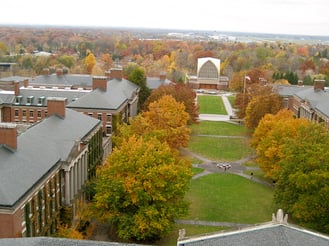 Since its emergence in the 1980's, HIV/AIDS has been a prominent point of research for life scientists around the world. With no current cure or vaccine available, scientists receive substantial amounts of funding to study this virus to gain a better understanding of it as well as to produce a vaccine that will combat the virus better than current treatments do, which can only slow and control the virus, but not cure it.
Since its emergence in the 1980's, HIV/AIDS has been a prominent point of research for life scientists around the world. With no current cure or vaccine available, scientists receive substantial amounts of funding to study this virus to gain a better understanding of it as well as to produce a vaccine that will combat the virus better than current treatments do, which can only slow and control the virus, but not cure it.
Tags: Northeast, HIV, infectious diseases, New York, Rochester, BioResearch Product Faire Event, NY, 2016, University of Rochester, URoch, HIV Vaccine, B Cells
Tags: Southern, FL, Florida, Tampa, BioResearch Product Faire Event, Huntington's Disease, 2016, University of South Florida, USF
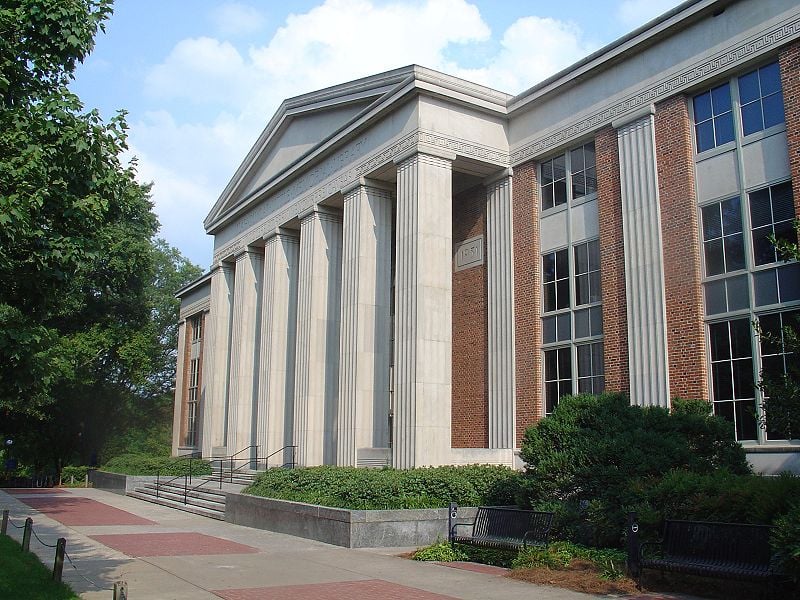 The University of Georgia, Athens has a multitude of life science programs and centers that train both undergraduate and graduate students to become the world-class scientists. Some of these training programs include:
The University of Georgia, Athens has a multitude of life science programs and centers that train both undergraduate and graduate students to become the world-class scientists. Some of these training programs include:
Tags: University of Georgia Athens, Southern, UGA, BioResearch Product Faire Event, Athens, GA, new funding, 2016, Emerging disease, Disease ecology, Tropical disease
Tags: CA, University of California Davis Medical Center, Southwest, Alzheimer's Research, UCDMC, BioResearch Product Faire Event, Sacramento, 2016
Tags: CA, heart disease, California, genetic research, Genetics, Southwest Region, BRPF, laboratory market, 2016, BioResearch Product Faire™, Stanford, Stanford University
 According to the Center for Disease Control (CDC), at least 1 in 9 American children is born prematurely. In addition to obvious concerns about low birth weight and developmental disabilities, premature infants also may be at risk for inhibited development due to the interplay of certain microbes in the gastrointestinal system.
According to the Center for Disease Control (CDC), at least 1 in 9 American children is born prematurely. In addition to obvious concerns about low birth weight and developmental disabilities, premature infants also may be at risk for inhibited development due to the interplay of certain microbes in the gastrointestinal system.
Tags: Pediatrics, FL, Florida, Tampa, Research Funding, NIH funding, Southern Region, 2016, Nursing, BioResearch Product Faire™, University of South Florida, USF
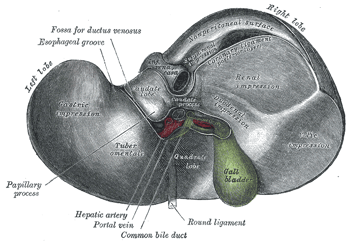 The liver is a truly amazing organ, with an almost unprecedented ability to repair itself after injury. The mechanism for this ability was previously thought to be oval cells,but recent research from UCSD challenges conventional wisdom.
The liver is a truly amazing organ, with an almost unprecedented ability to repair itself after injury. The mechanism for this ability was previously thought to be oval cells,but recent research from UCSD challenges conventional wisdom.
Tags: CA, University of California San Diego, cancer research, California, School of Medicine, 2015, San Diego, SDVS, UCSD, Research Funding, NIH funding, Southwest Region, NIH grants, Biotechnology Vendor Showcase Event, 2016
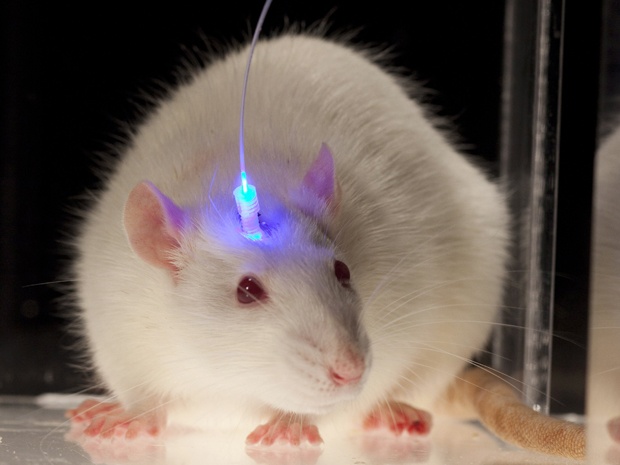
According to the Optogenetics Resource Center at Stanford University, optogenetics involves using genetics and light to control events within specific cells, in this case – brain tissue. Until recently, technology available for optogenetics has been comparable bulky and unwieldy, a problem which the Stanford researchers had hoped to address.
Read MoreTags: CA, Bioresearch, California, Optogenetics, Neuroscience, Southwest Region, Neurotechnology, 2016, best lab supply tradeshows, BioResearch Product Faire™, Stanford, Stanford University
 Nearly 14.5 million cancer survivors currently reside in the United States, with more than 25 percent reportedly suffering from a cognitive impairment dubbed “chemo brain”, according to the American Cancer Society.
Nearly 14.5 million cancer survivors currently reside in the United States, with more than 25 percent reportedly suffering from a cognitive impairment dubbed “chemo brain”, according to the American Cancer Society.
Tags: cancer research, FL, Florida, Tampa, NIH grant, Southern Region, cancer research grant, 2016, BioResearch Product Faire™, University of South Florida, USF


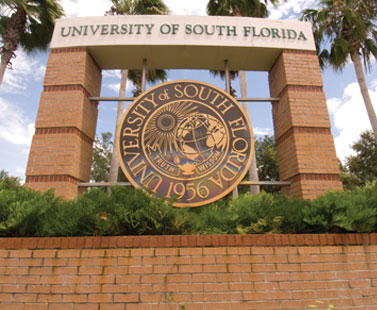 Huntington's Disease is a devastating, hereditary neurological disease that affects movement and mental activity. Currently, there are no cures for Huntington's Disease, and current treatments are only able to alleviate symptoms. This disease is heavily studied by researchers across the nation, and millions of dollars are given to Huntington's Disease research annually to work towards better understanding the onset and function of the disease to lead to potential treatments and cures.
Huntington's Disease is a devastating, hereditary neurological disease that affects movement and mental activity. Currently, there are no cures for Huntington's Disease, and current treatments are only able to alleviate symptoms. This disease is heavily studied by researchers across the nation, and millions of dollars are given to Huntington's Disease research annually to work towards better understanding the onset and function of the disease to lead to potential treatments and cures. 